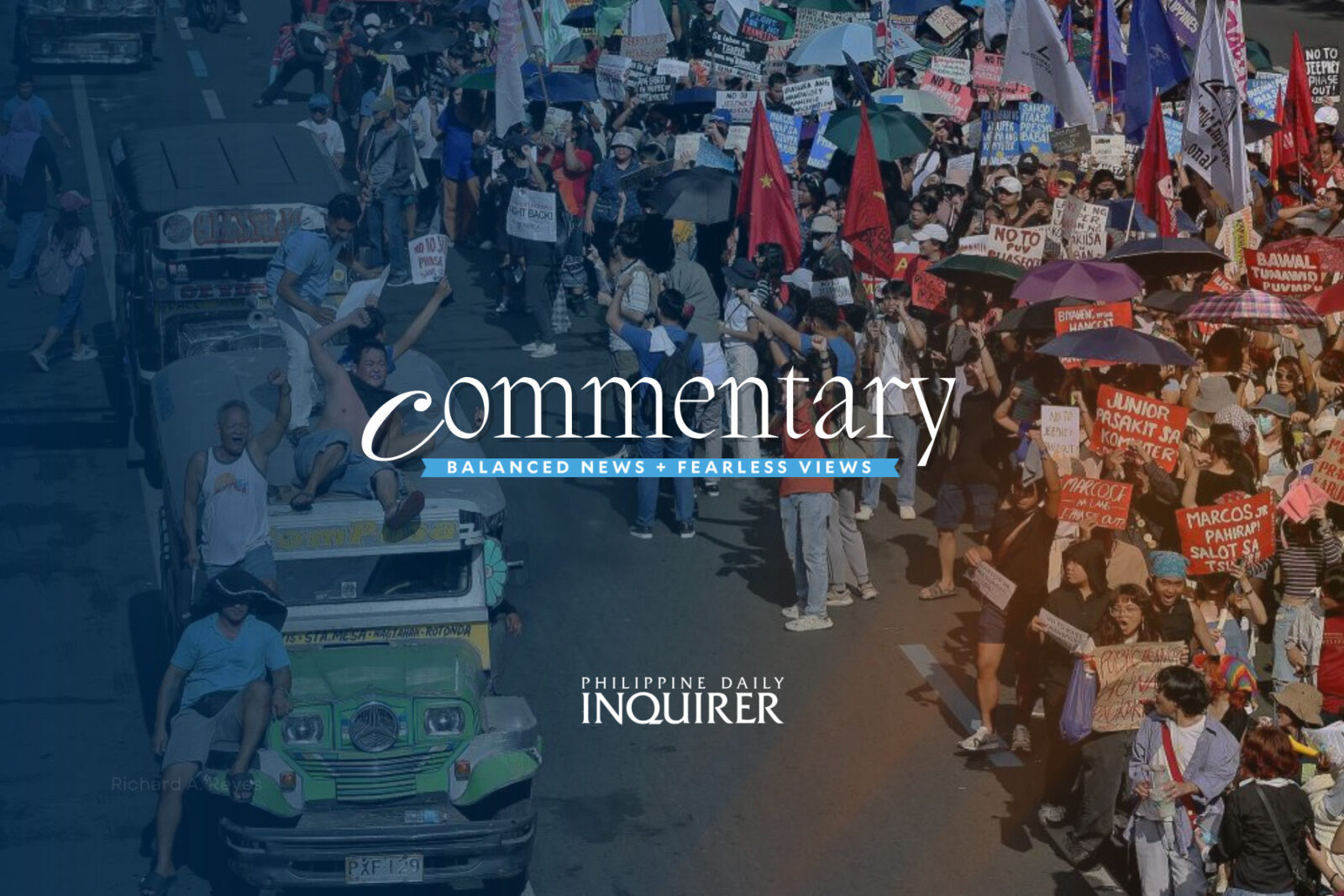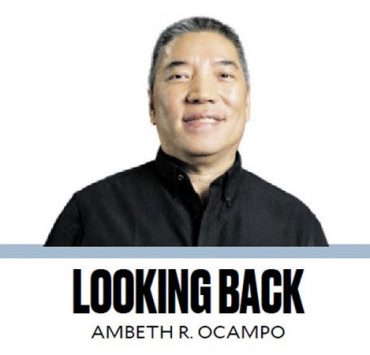Collective action to avoid a trade war

Jakarta—The 28-percent average tariff rate in the United States today, even with the 90-day pause, is significantly higher than the average rate of 19.8 percent imposed during the Smoot-Hawley Tariff Act of 1930.
The highest Smoot-Hawley tariff rate was 59.1 percent, well below the 145 percent that the Trump administration has slapped on all Chinese imports. Today’s tariffs return the US to its 1821 to 1900 average 29.7-percent tariff rate.
What made the Smoot-Hawley tariffs so damaging, while deepening and prolonging the 1930s depression and making it the Great Depression, was the retaliatory spiral it provoked. This, as Charles Kindleberger described it, led to the collapse of global trade from 1929 to 1933, and gave rise to geopolitical tensions that brought World War II several years after.
Tariff contagion like that is what’s at risk today: We are on the precipice of a world trade war. Active and strategic economic diplomacy will be needed to avoid it.
The global response to Trump’s Liberation Day tariffs has thus far been restraint, except for China, Canada, and Europe. Europe has temporarily backed away from retaliation because of Trump’s 90-day tariff pause. But more uncertainty is on the way and other countries will be pressured into retaliating like China and Europe to make damaging deals with the US or join the protectionist game.
Moreover, the world is about to be rocked by huge flows of trade that are diverted from the US, as well as volatile hot money capital flows, big currency swings, and macroeconomic shocks. As Chinese goods face a prohibitive 145 percent tariff entering the US, it is likely those products will be flowing to other markets.
Chinese products hitting global markets will improve living standards and will relieve inflationary pressures in many countries. But those that compete directly with producing those goods will be tempted to “protect” themselves from what they will see as the dumping of goods on international markets. Tariffs on imports will be the easiest tool for governments to reach for. They are contagious.
The era of US leadership may be over, but the rest of the world has an interest in preserving the global trade order and avoiding a “might-makes-right” world of economic disorder. The US might be the world’s largest economy in market exchange rates and its largest consumer, but it now only accounts for 11 percent of global trade.
What is needed is collective action led by East Asia and Europe—where trade openness is an economic and political security imperative—not against the US, but to retain the global public good of an open, rules-based economic system.
The response from Southeast Asia has so far been the benchmark.
Asean economic ministers already agreed in February to cooperate in the face of looming US tariffs and to avoid protectionist measures against surges of Chinese imports locked out of the US market. The ministers convened a special meeting after the US tariffs were announced and created a taskforce to monitor developments and coordinate collective responses.
An Asean Leaders’ Meeting has been called for early May. The risks for Asean are existential and Asean Leaders’ strategy at that point will be globally consequential.
Collective action to preserve the multilateral trading system should come as a priority despite countries negotiating their own deals with the US. Bilateral deals with the White House cannot come at the expense of broader interests without triggering multilateral meltdown.
Will any deal strike with this White House, even if it is possible to strike one, be faithfully honored given that the US has now effectively invalidated every free trade agreement it has ever signed?
As part of the reform process, Indonesia seems willing to remove costly local-content requirements and other protectionist measures. But granting US imports preferential access over other imports and granting US companies monopoly power in Indonesian markets will not only be economically damaging; it is seen domestically as political capitulation to a bully. Reforms need to be consistent with the bedrock principle of the multilateral trading system: Most-favored nation or equal treatment.
Southeast Asia’s multilateralist instincts and norms have resulted in the right kind of initial strategic, cooperative reaction. It’s the next step in negotiating a multilateral course around Trump that will be decisive to global outcomes. The Jakarta Post/Asia News Network
——————
Shiro Armstrong is a professor of economics at the Crawford School of Public Policy at The Australian National University. Yose Rizal Damuri is the executive director of Center for Strategic and International Studies (CSIS). The views expressed are personal.
——————
The Philippine Daily Inquirer is a member of the Asia News Network, an alliance of 22 media titles in the region.

















